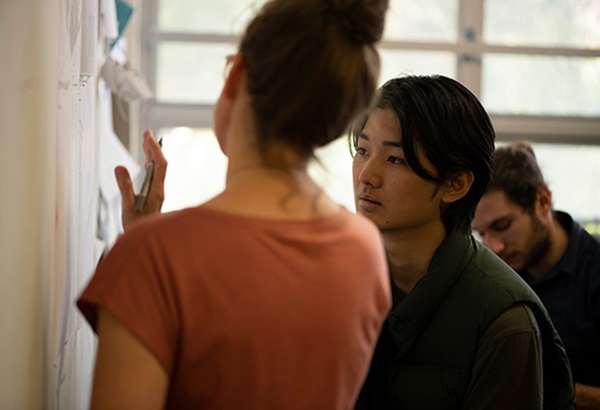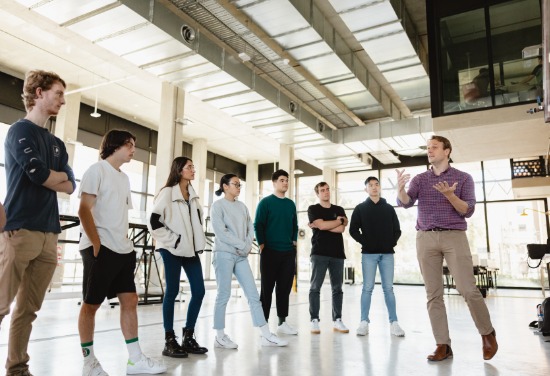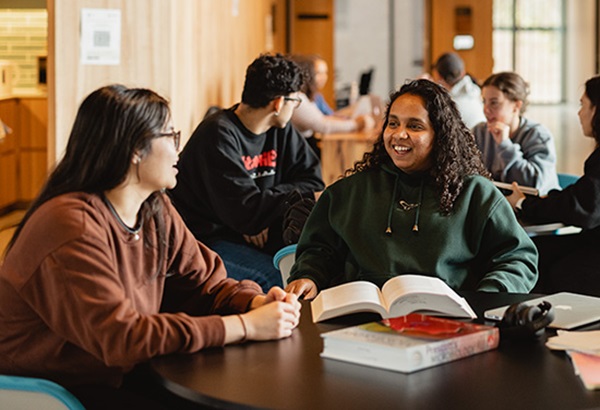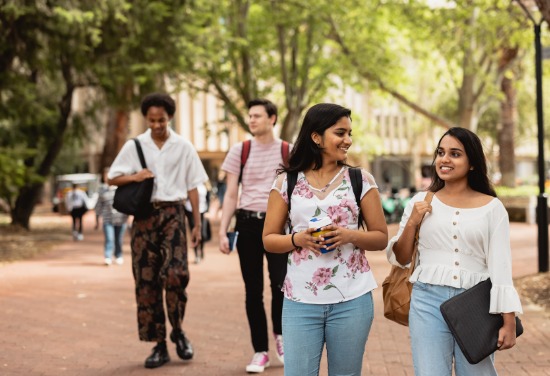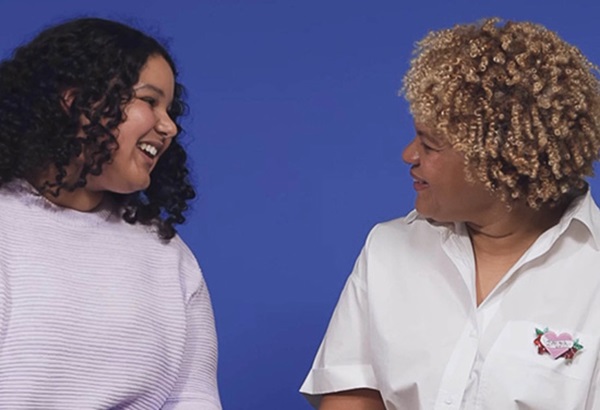You’ll find a real sense of freedom when studying at university. You'll be given the responsibility to learn in the environment that best suits you. You'll also have the flexibility to study full-time or part-time, and there may be day and night classes available, so you can fit work as well as recreational and social activities around your studies. Activities vary from day to day, student to student, depending on your lifestyle.
Top 10 differences from high school
1. Subjects
You have a wider choice of subjects to choose from so you can study what interests you. Our flexible courses could see you combine Music with Finance, Sport Science with Marketing, or Fine Arts with Population Health.
2. Classes
Instead of one class per subject, you may have a lecture and a tutorial or laboratory work. You’ll also be able to design your timetable the way you want it to be.
3. Study in your own time
You need to fit your study around your schedule. The University doesn't allocate you any set times, so it's your responsibility to make sure your assignments and tutorial preparations are completed and that you attend your classes.
4. Interactive learning
You will be encouraged to learn in a collaborative environment by participating in class discussions, working in groups or developing skills during an internship. This ensures you put theory into practice.
5. Atmosphere
UWA’s social atmosphere creates a lively buzz around campus. There are lots of events held around the Guild Village and Oak Lawn, including competitions, food trucks and club parties. Our green campus is also home to an array of animals, including our very own peacocks.
6. Facilities
Unlike high school, we have everything you need on campus, including a hairdresser, medical centre, book shop, dentist, optometrist, travel agency, shops, ATMs, food outlets and more.
7. Sports
Our location next to the Swan River gives you the opportunity to participate in an array of water sports. We also have team sports, a supervised gym and full-sized ball courts available for hire.
8. Expand your social circle
You’ll have the chance to meet new people every day, whether through class, a social club, team sports, volunteering or activities run by the Student Guild. There are endless opportunities to network and get involved.
9. Support
We have a host of support initiatives available including our Careers Hub, and the UWA Student Guild provides assistance for academic, financial and welfare support. There are mentorship programs and study groups too.
10. Dress code
There is no uniform when you study at university. We encourage individuality but recommend you wear comfortable clothes that are not offensive.
Learn the lingo – UWA/university terms
When you start university, you’re bound to come across a number of terms that may not mean much to you. Here’s a quick guide to some you may or may not already be familiar with.
ATAR
The Australian Tertiary Admission Rank reports a student’s position relative to other students. An ATAR ranges between zero and 99.95.
Bachelor’s degree
This is your first degree and is what you achieve after completing an undergraduate course.
Contact hours
The hours a student is expected to spend in tutorials, lectures or labs.
Fresher
Informal term for freshman: a first year student at university.
Full-time study
At least 75% study load (that is, three or four units) per semester.
Grade Point Average (GPA)
An index of academic performance calculated by converting a student’s percentage marks/grades.
HECS and HECS-HELP
This allows eligible students in a Commonwealth-supported place to defer payment of their student contribution by taking out an interest-free government loan. Compulsory repayment of HECS and HECS-HELP loan begins when annual income exceeds a minimum threshold amount. Repayments are made through additional tax being deducted.
Honours
An additional year of full-time (or equivalent part-time) study undertaken on completion of a bachelor’s degree. Includes coursework and a research dissertation.
Lab
A class that takes place in a laboratory. Labs are practical classes involving experiments, investigation, construction, observation or testing.
Lecture
A class which involves the presentation of a particular topic, idea or subject to a large group of students. Lectures normally run for about 45 minutes and many are recorded so you can revise later.
Level
A ranking applied to a unit that indicates the amount of prior knowledge or maturity of learning required to study a unit successfully. A 3-year undergraduate degree consists of Level 1, Level 2 and Level 3 units.
Major
An area of specialisation that comprises an approved sequence of units within an undergraduate degree course.
Mature-age student
A person aged 20 years or over at 1 March in the year they intend to begin study at university.
Part-time study
Enrolling in less than 75% study load (that is one or two units) per semester.
Postgraduate
Higher-level university study undertaken upon the completion of a bachelor’s degree.
Prerequisite
A subject or condition a person must satisfy before gaining entry to a unit or course.
Tutorial
A small class involving discussion that is facilitated by a tutor on a particular topic or idea (usually what has previously been presented in a lecture).
Undergraduate
A term that refers to a university student who is studying towards their first degree (bachelor’s degree).
Unit
A subject usually studied for the duration of one semester. Units normally involve different classes such as lectures, tutorials, seminars and labs.


